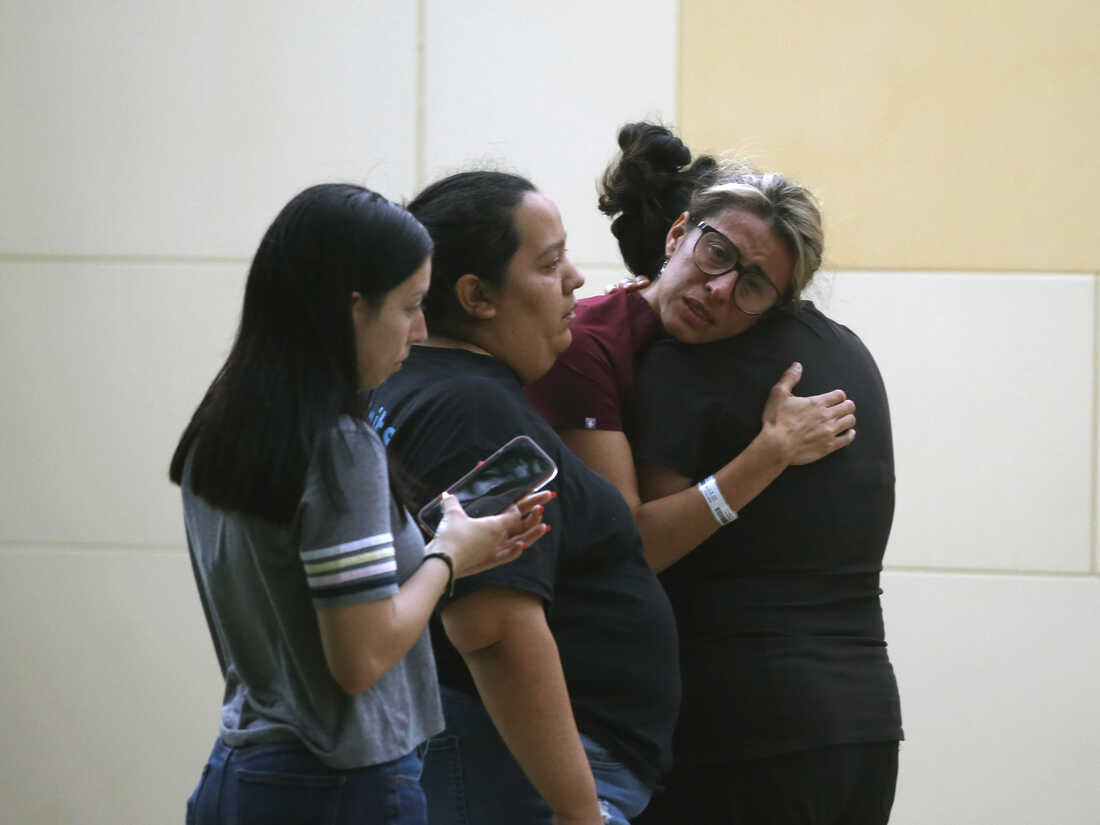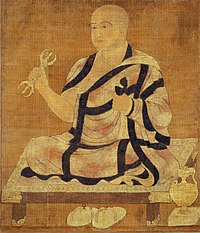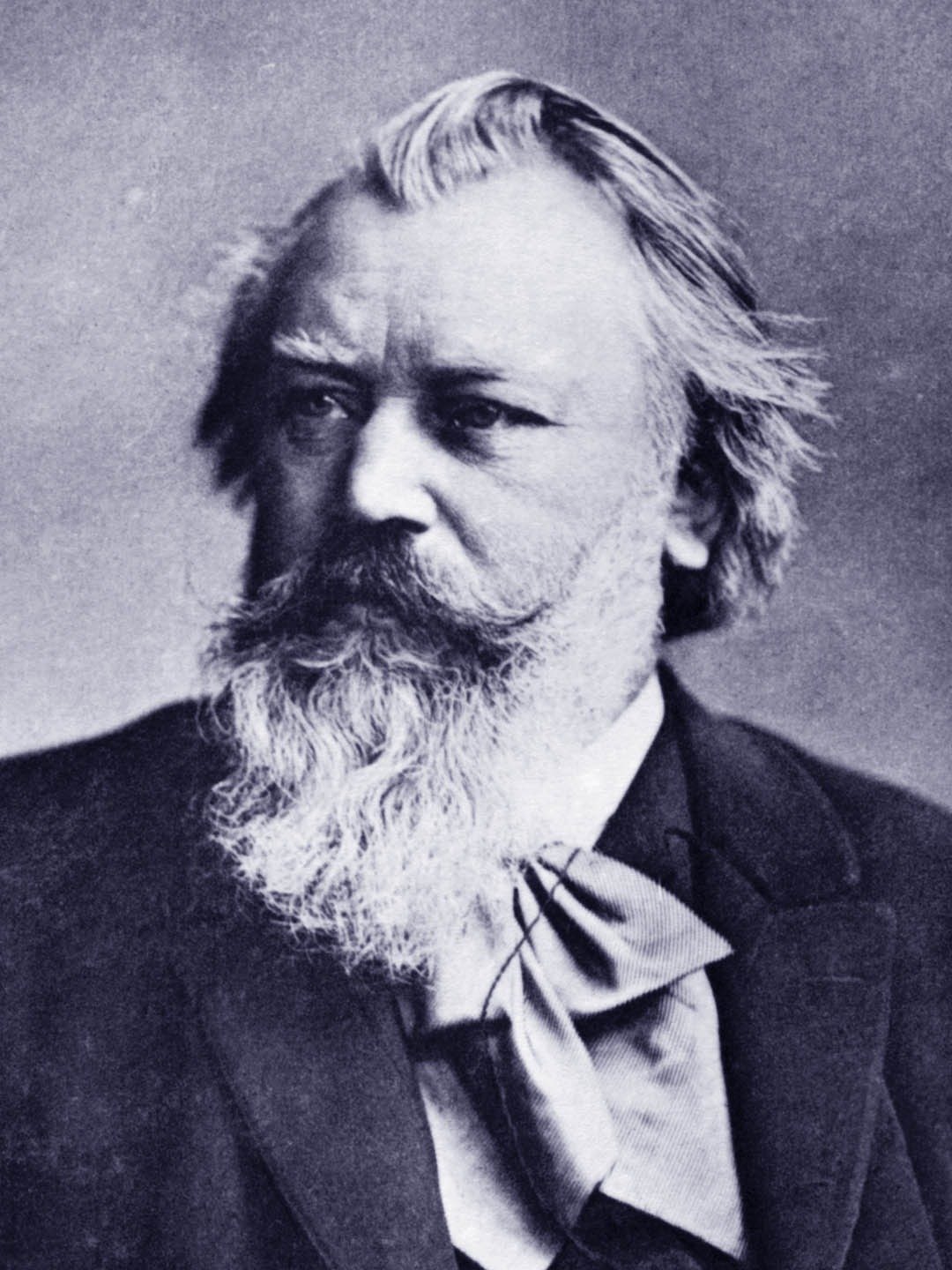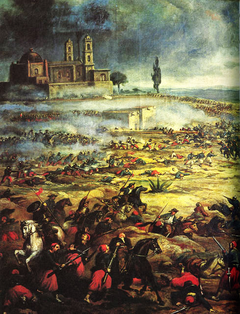I have written before about Pussy Riot, the Russian all woman punk and protest band who made itself known by staging a performance in a Russian Orthodox cathedral in 2012. Although many Russians disliked the band's choice of venue, labelling it blasphemous, many did not disagree with the sentiments the band expressed: the increasing tyranny of Vladimir Putin over the Russian people.
For their deed in the cathedral, the band's leaders were arrested, tried, convicted, and sentenced to one to two year terms on a Siberian penal colony. One had to leave her children at home. When they were released, despite the continuing danger, they continued to speak out against the Russian leader.
Earlier this week, Maria Alyokhina, one of these leaders, announced that she had safely escaped from Russia and was now in Lithuania. She and a colleague disguised themselves as food couriers, slipping into Belarus and, subsequently, with the help of well placed international intermediaries, made their way into the Baltic state. Having been jailed six additional times since her stint in Siberia, she decided, for her own wellbeing, it was time to leave, at least for now.
All talk of blasphemy aside (the leadership of the Russian Orthodox Church, by the way, has steadfastly supported Putin's invasion of Ukraine), I have long admired Alyokhina and her compatriots. They are very brave women, willing to take a principled stand against what they believe to be an anti-democratic Russian leader, despite the legal consequences.
Pussy Riot's actions raise intriguing questions. What does one do when religion supports tyranny? How does one reconcile the fact of a loving God with a fellow religious tradition that seems to favor death and destruction?
I'll leave you to decide. Pray for Alyokhina, pray for Russia. Pray for God's favor on us all.








![Best 500+ Sea Wallpapers [HD] | Download Free Images On Unsplash](https://images.unsplash.com/photo-1439405326854-014607f694d7?ixlib=rb-1.2.1&ixid=MnwxMjA3fDB8MHxzZWFyY2h8NXx8c2VhfGVufDB8fDB8fA%3D%3D&w=1000&q=80)




